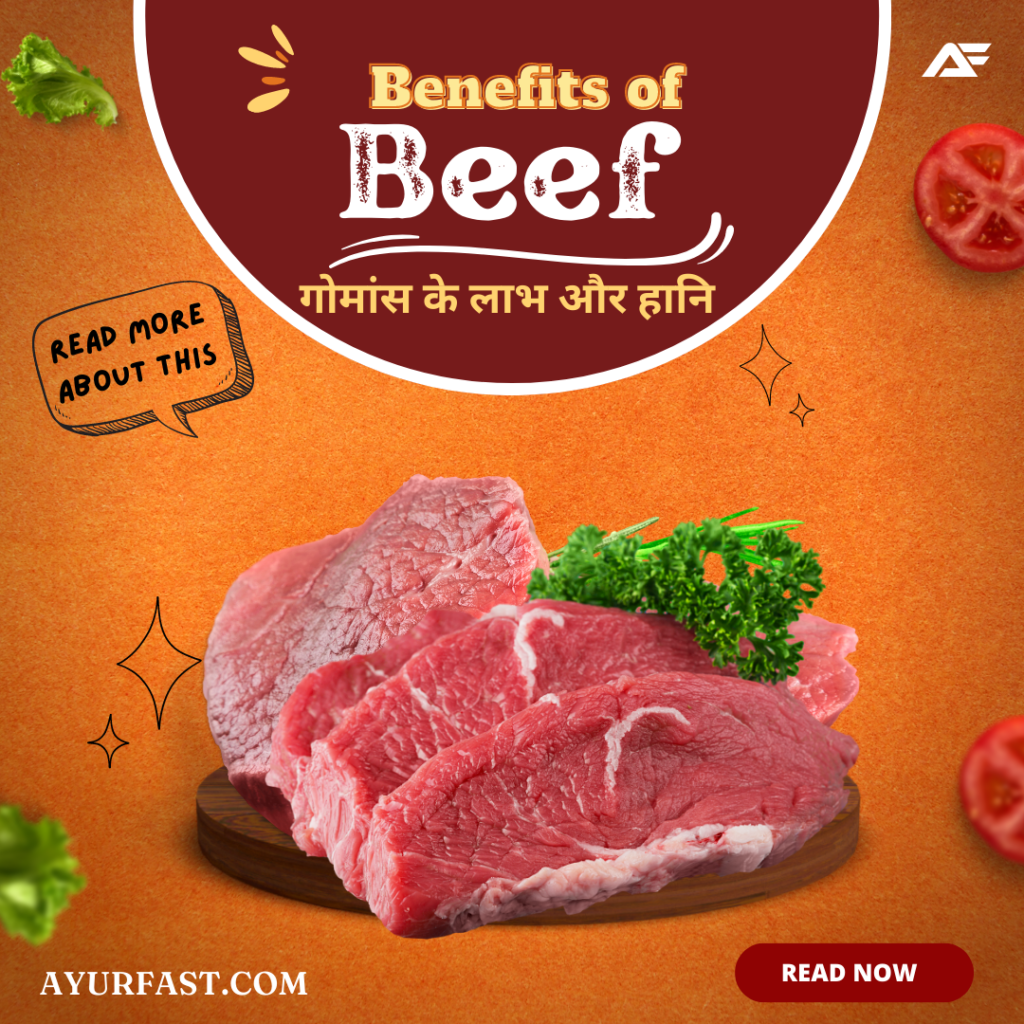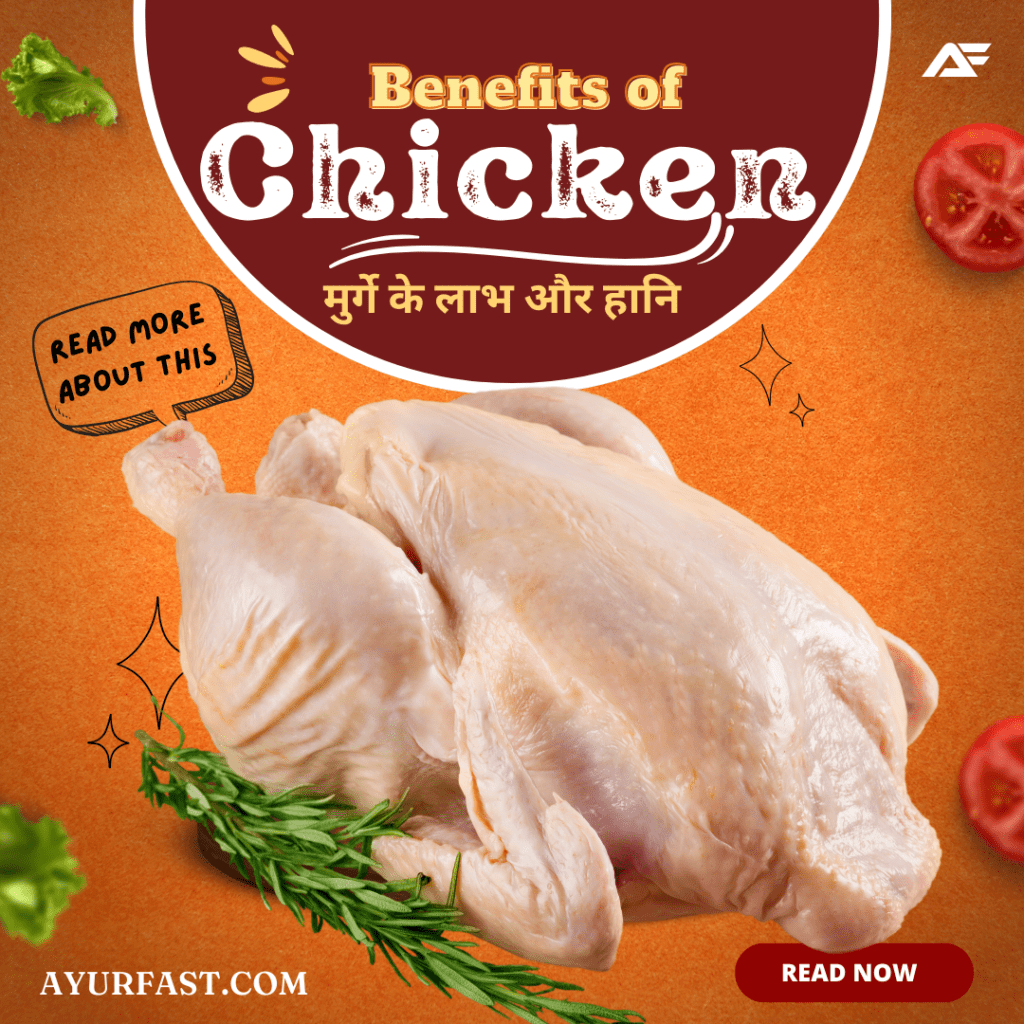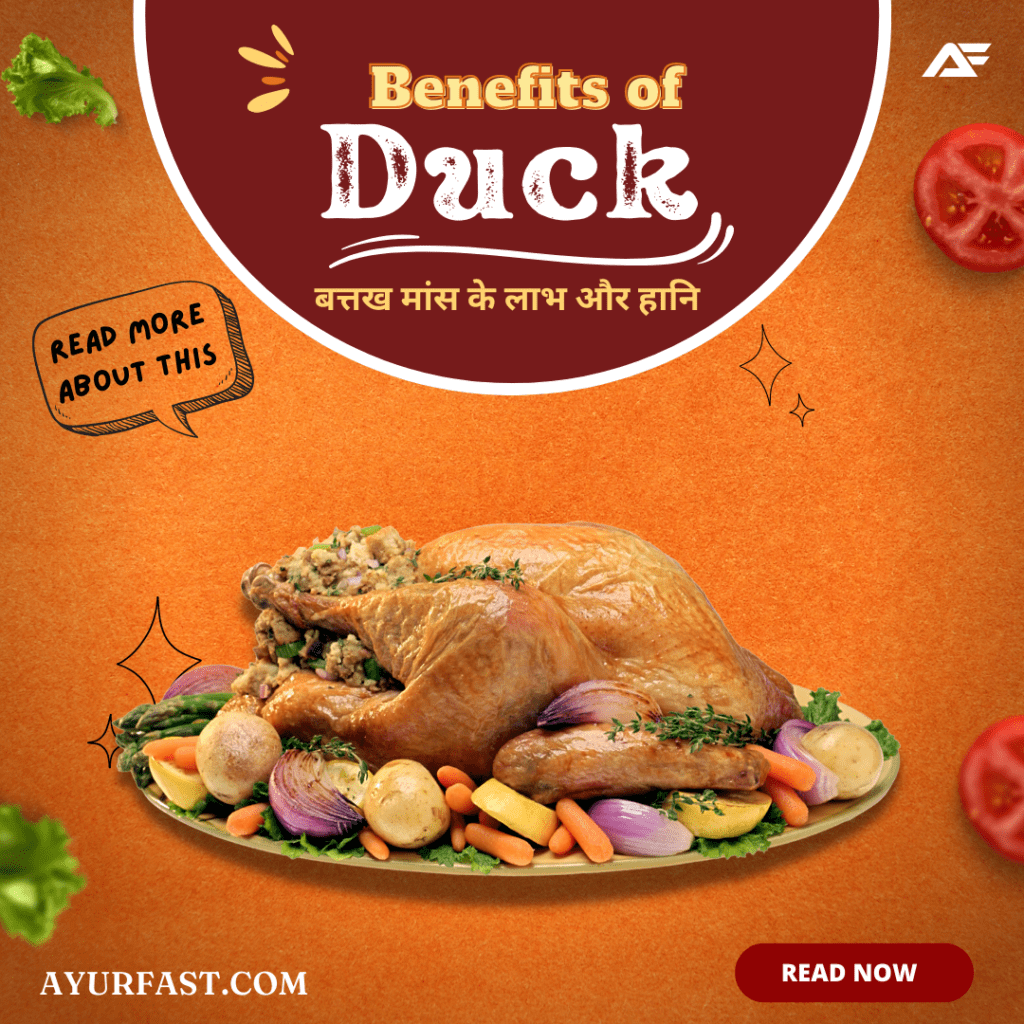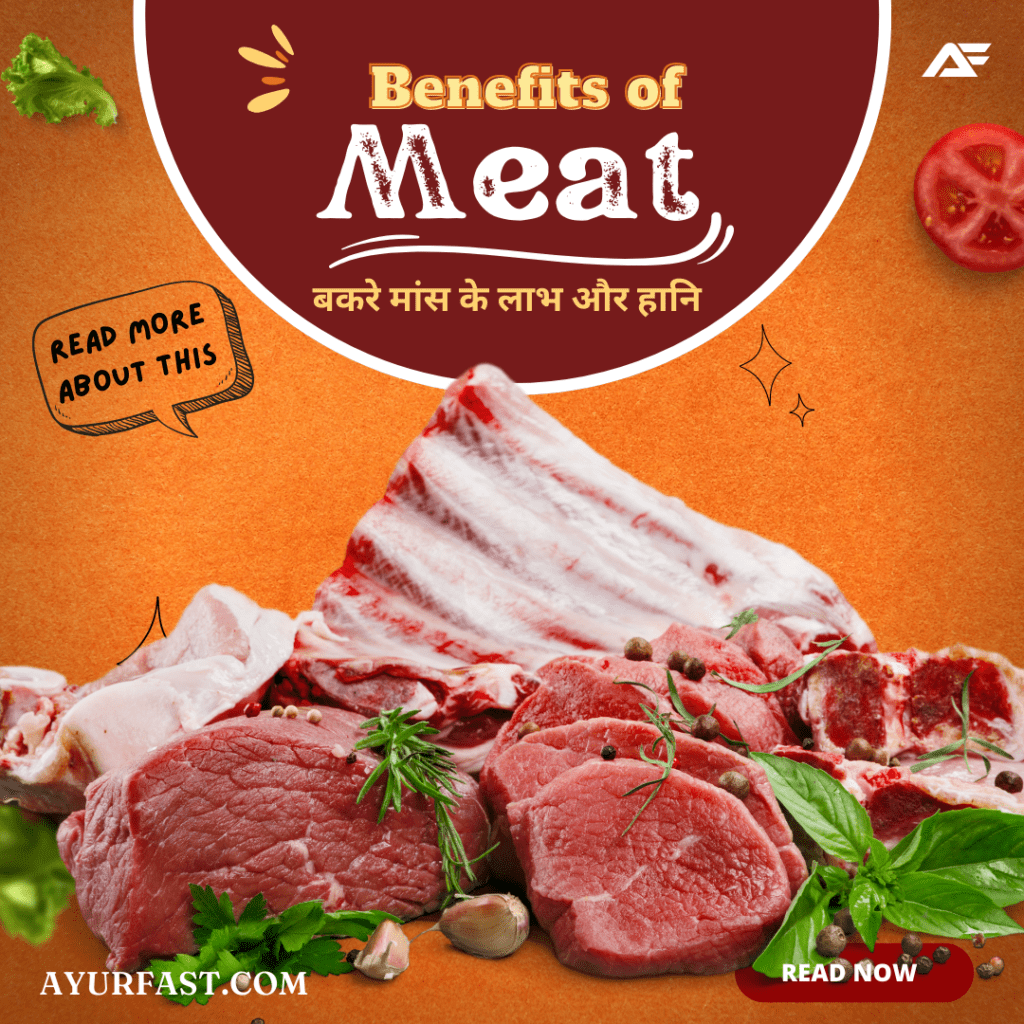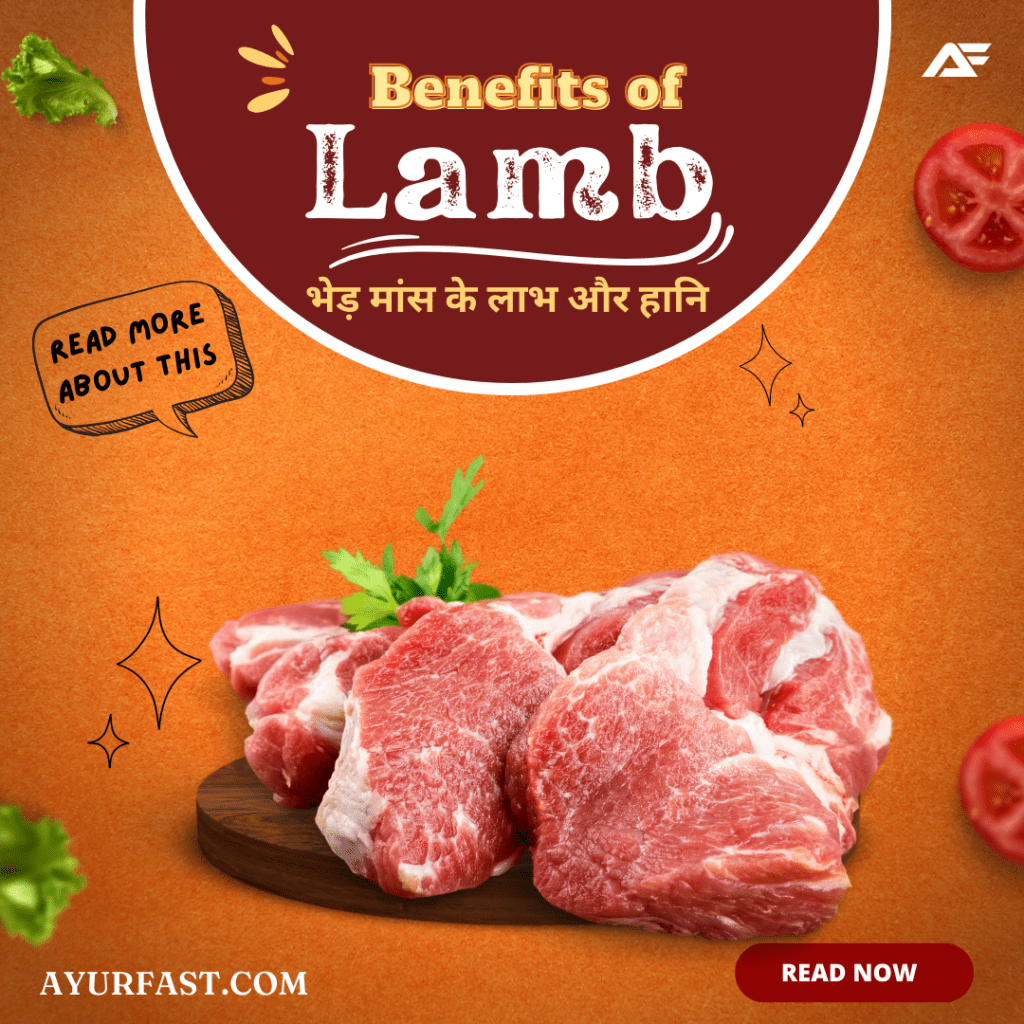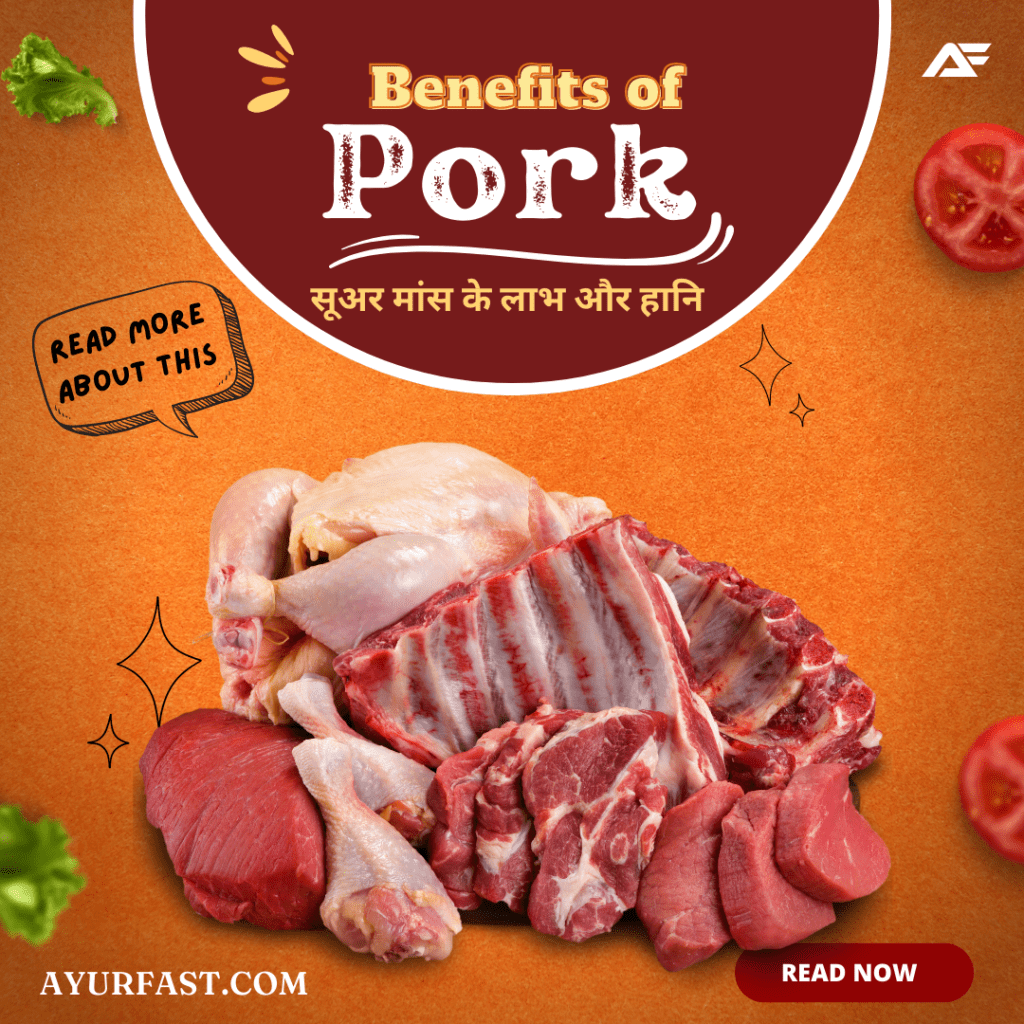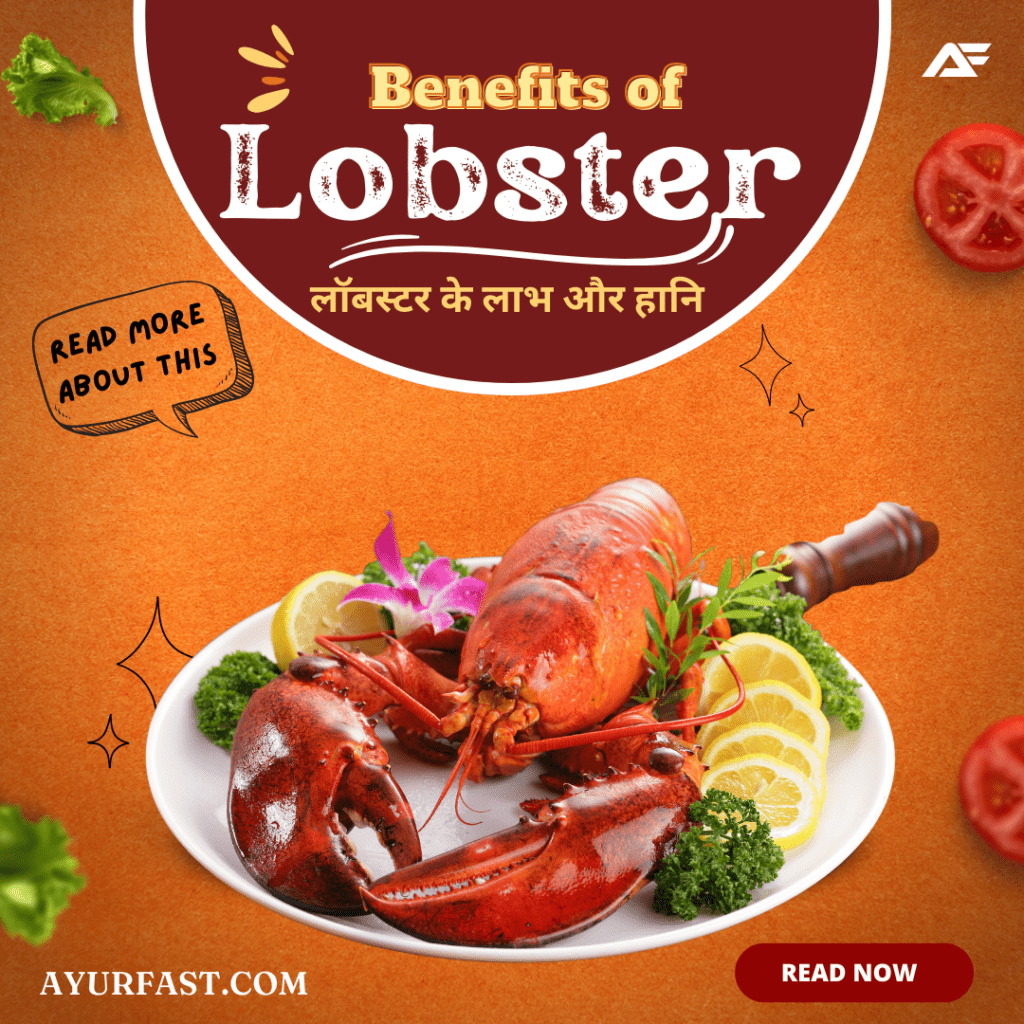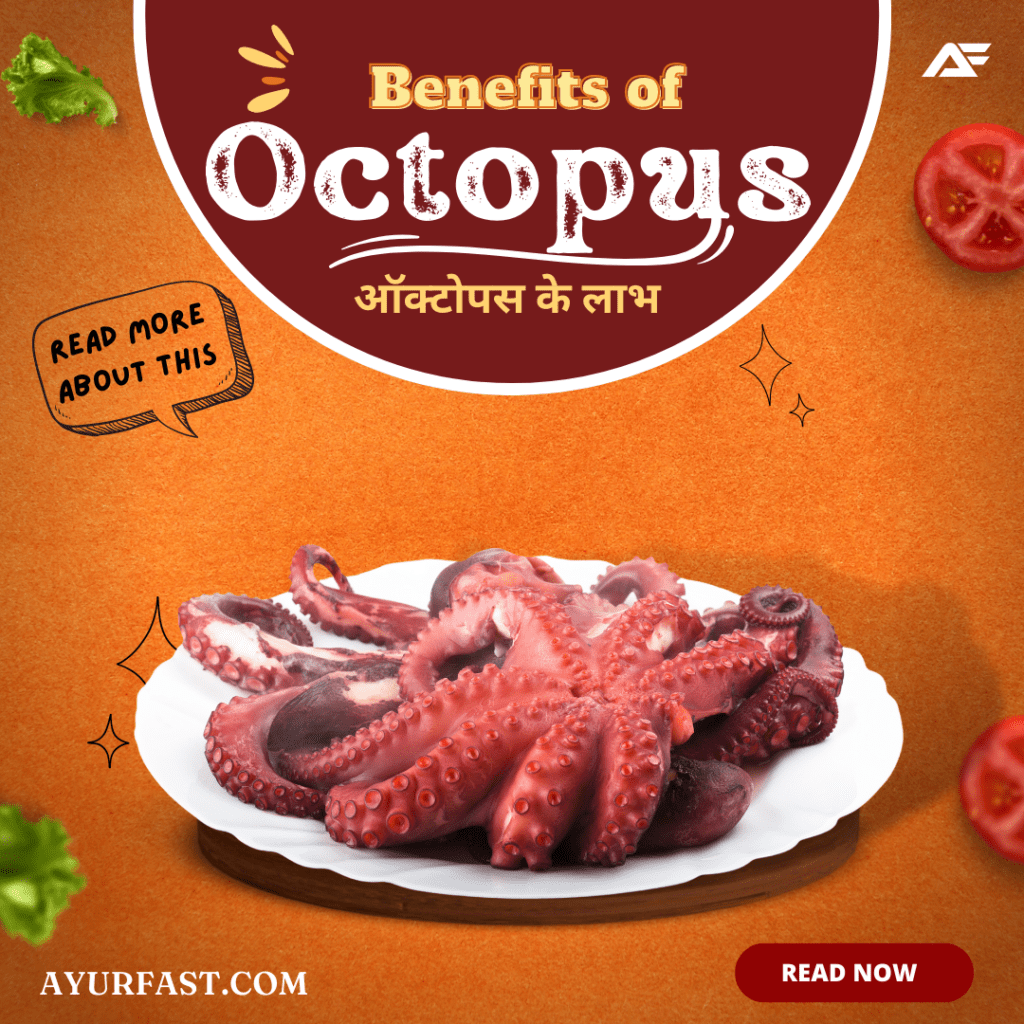About
Turkey is a type of poultry meat that is popular around the world. It is a rich source of protein, vitamins, and minerals, making it a healthy addition to a balanced diet. Here is some information on Turkey:
Health benefits:
-
- Good source of protein: Turkey is a good source of high-quality protein, which is essential for building and repairing muscles, tissues, and organs.
- Rich in vitamins and minerals: Turkey contains a range of vitamins and minerals, including vitamin B6, niacin, phosphorus, selenium, and zinc, which are important for overall health and well-being.
- Low in fat: Turkey is lean meat, which means that it is relatively low in fat and calories compared to other types of meat.
- Helps build strong bones: Turkey contains high amounts of calcium, magnesium, and phosphorus, which are essential for building strong bones and teeth.
Health losses:
-
- High in sodium: Some processed turkey products, such as deli meat and sausages, can be high in sodium, which can increase the risk of high blood pressure and other health problems.
- High in cholesterol: Turkey contains cholesterol, which can increase the risk of heart disease and other health problems if consumed in excess.
- Risk of contamination: Raw or undercooked turkey can be contaminated with harmful bacteria, such as salmonella, which can cause food poisoning.
Preparation methods:
-
- Roasting: Roasting is a popular way to cook a whole turkey. The bird is seasoned with herbs and spices and roasted in the oven until it is cooked through.
- Grilling: Grilling is a quick and easy way to cook turkey, and it adds a smoky flavor to the meat.
- Frying: Frying is another popular way to cook turkey, but it can be high in fat and calories.
List of treatments
-
Roasting: The most common way to prepare a whole turkey, is usually in an oven with seasoning and herbs.
-
Grilling: Turkey can be grilled on a gas or charcoal grill for a smoky flavor.
-
Smoking: Smoked turkey is made by slow-cooking the bird over wood chips, giving it a unique flavor.
-
Frying: Deep-fried turkey is a popular Southern dish, but it should be done with caution due to the risk of fire.
-
Braising: Turkey can be braised by cooking it slowly in a flavorful liquid, resulting in tender meat.
-
Sautéing: Turkey cutlets or ground turkey can be sautéed with onions, garlic, and spices for a quick and easy meal.
-
Stewing: Turkey stew is made by simmering the meat with vegetables, broth, and seasonings.
-
Kabobs: Turkey can be cut into cubes and threaded onto skewers with vegetables for a tasty grilled meal.
-
Soups and stews: Turkey is a great addition to soups and stews, providing flavor and protein.
-
Turkey burgers: Ground turkey can be formed into burgers and grilled or sautéed for a healthy alternative to beef burgers
Harms of overdose
-
Excessive Protein Intake: Consuming too much protein from turkey can put a strain on the kidneys and liver, which can cause damage over time.
-
High Sodium Intake: Some processed turkey products may contain high levels of sodium, which can increase blood pressure and increase the risk of heart disease.
-
Foodborne Illness: Raw or undercooked turkey can contain harmful bacteria such as salmonella or campylobacter, which can cause foodborne illness.
-
Allergic Reactions: Some people may be allergic to turkey, which can cause symptoms such as hives, difficulty breathing, or anaphylaxis in severe cases.
-
Increased Cholesterol Levels: Turkey is a source of cholesterol, and consuming too much can lead to elevated levels in the blood, which can increase the risk of heart disease.
Per day maximum consumption chart:
-
- Child: 1-2 ounces per day
- Adult man: 4-6 ounces per day
- Adult woman: 3-4 ounces per day
Energy and Macro-Nutrient Content of Turkey per 50g Serving
| Nutrient | Amount |
|---|---|
| Energy | XXXX kJ |
| Carbohydrates | XX g |
| Fats | XX g |
| Proteins | XX g |
| Fiber | XX g |
| Water Content | XX g |
Vitamin Content of Turkey per 50g Serving
| Vitamin | Amount |
|---|---|
| Vitamin A | XX µg |
| Vitamin B1 (Thiamin) | XX mg |
| Vitamin B2 (Riboflavin) | XX mg |
| Vitamin B3 (Niacin) | XX mg |
| Vitamin B6 | XX mg |
| Vitamin B12 | XX µg |
| Vitamin C | XX mg |
| Vitamin D | XX µg |
| Vitamin E | XX mg |
| Vitamin K | XX µg |
| Folate | XX µg |
| Biotin | XX µg |
Mineral Content of Turkey per 50g Serving
| Mineral | Amount |
|---|---|
| Calcium | XX mg |
| Iron | XX mg |
| Iodine | XX µg |
| Zinc | XX mg |
| Magnesium | XX mg |
| Phosphorus | XX mg |
| Potassium | XX mg |
| Sodium | XX mg |
| Chloride | XX mg |
| Copper | XX mg |
| Chromium | XX µg |
| Fluoride | XX µg |
| Molybdenum | XX µg |
| Manganese | XX mg |
| Selenium | XX µg |
How do I cook a turkey?
There are various ways to cook a turkey, including roasting, grilling, smoking, and frying. Each method requires different techniques and equipment.
What are the health benefits of eating turkey?
Turkey is a good source of protein and various vitamins and minerals. It is also low in fat and calories, making it a healthy meat option.
How long does it take to cook a turkey?
The cooking time for a turkey depends on its weight and the cooking method. As a general rule, it takes about 15 minutes per pound to cook a turkey in an oven set to 325°F.
How do I thaw a frozen turkey?
The safest way to thaw a frozen turkey is to place it in the refrigerator and allow it to thaw slowly. This process can take several days, depending on the size of the turkey.
How do I make turkey gravy?
To make turkey gravy, use the drippings from a roasted turkey and add flour, stock, and seasoning. Cook the mixture until it thickens, then strain and serve.
Is turkey meat healthier than other meats?
Turkey is a lean meat that is lower in fat and calories than beef, pork, or lamb. It is also a good source of protein and other nutrients.
How do I carve a turkey?
To carve a turkey, start by removing the legs and wings, then slice the breast meat against the grain. Use a sharp knife and take care to remove all the meat from the bones.
Can I use a turkey fryer to cook other foods?
Yes, turkey fryers can be used to cook a variety of foods, including chicken, fish, and vegetables.
How do I make turkey soup?
To make turkey soup, use leftover turkey and add vegetables, stock, and seasoning. Simmer the mixture until the vegetables are tender, then serve.
How do I make a turkey brine?
To make a turkey brine, mix salt, sugar, and seasonings with water and bring the mixture to a boil. Let it cool, then add the turkey and refrigerate for several hours or overnight.
What are some common seasonings for turkey?
Common seasonings for turkey include salt, pepper, garlic, onion, and herbs like thyme, sage, and rosemary.
How do I make a turkey rub?
To make a turkey rub, mix together salt, sugar, paprika, garlic powder, onion powder, and other seasonings. Rub the mixture onto the turkey before cooking.
What is a good temperature to cook a turkey?
The internal temperature of a cooked turkey should reach 165°F to ensure that it is safe to eat.
How do I make a turkey sandwich?
To make a turkey sandwich, use sliced turkey meat and add lettuce, tomato, cheese, and condiments like mayo or mustard. Serve on bread or a roll.
What are some ways to use leftover turkey?
Leftover turkey can be used in sandwiches, soups, stews, casseroles, and salads.


